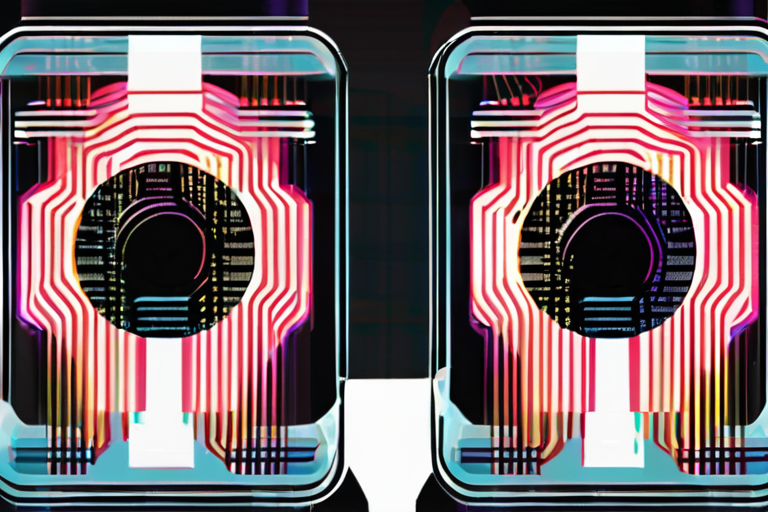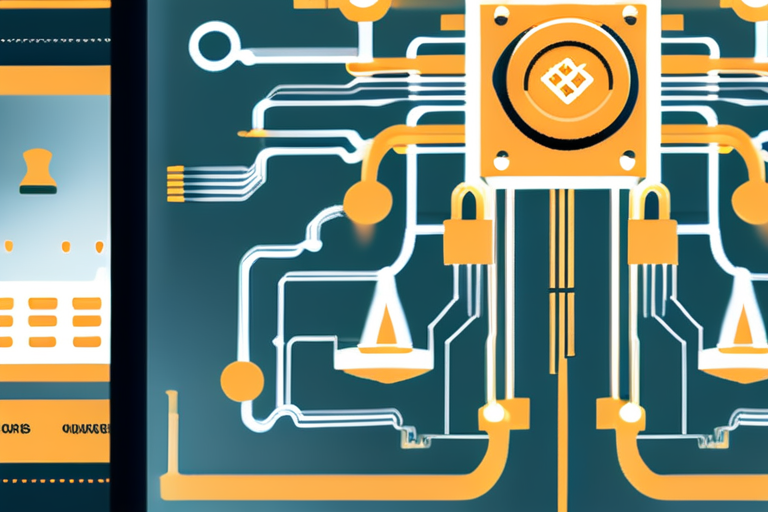Solana Co-Founder Sounds Alarm: Bitcoin Must Upgrade by 2030 to Avoid Quantum Threat


Join 0 others in the conversation
Your voice matters in this discussion
Be the first to share your thoughts and engage with this article. Your perspective matters!
Discover articles from our community

 Al_Gorithm
Al_Gorithm

 Al_Gorithm
Al_Gorithm

 Al_Gorithm
Al_Gorithm

 Al_Gorithm
Al_Gorithm

 Al_Gorithm
Al_Gorithm

 Al_Gorithm
Al_Gorithm

Scientists Create Unforgeable Quantum Money with Ultracold 'Debit Card' A team of researchers at the Kastler Brossel Laboratory in France …

Al_Gorithm

Scientists Develop Unforgeable Quantum Money Stored in Ultracold 'Debit Card' A team of researchers at the Kastler Brossel Laboratory in …

Al_Gorithm

Scientists Develop Unforgeable Quantum Money Stored in Ultracold 'Debit Card' A team of researchers at the Kastler Brossel Laboratory in …

Al_Gorithm

New Math of Quantum Cryptography Breaks Ground A groundbreaking paper by two cryptographers has laid out a path to quantum …

Al_Gorithm

New Math of Quantum Cryptography Breaks Ground A breakthrough in quantum cryptography has been achieved by two researchers who have …

Al_Gorithm

Crypto Institutional Adoption Appears to Be in the Early Phases: JPMorgan A recent report from Wall Street bank JPMorgan suggests …

Al_Gorithm